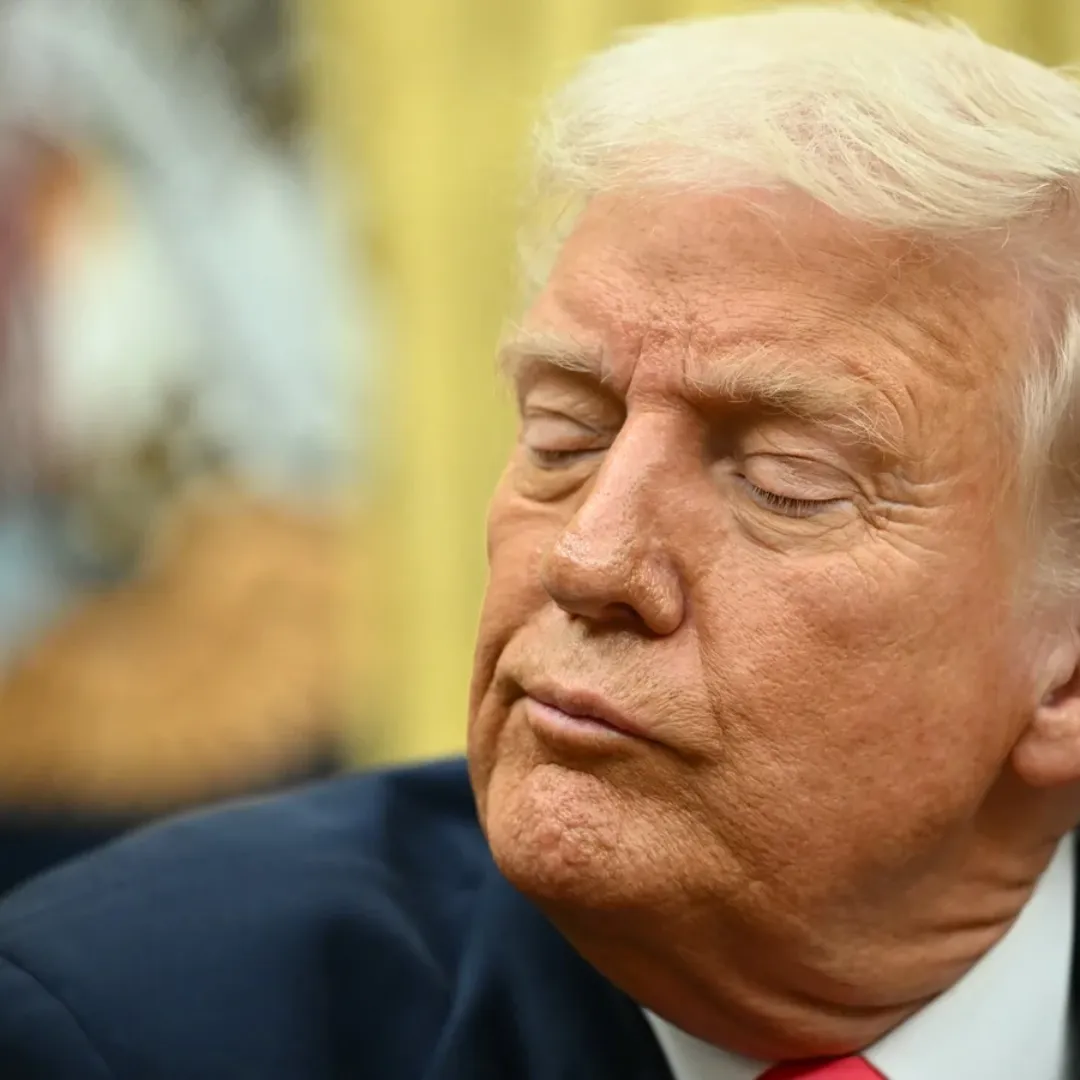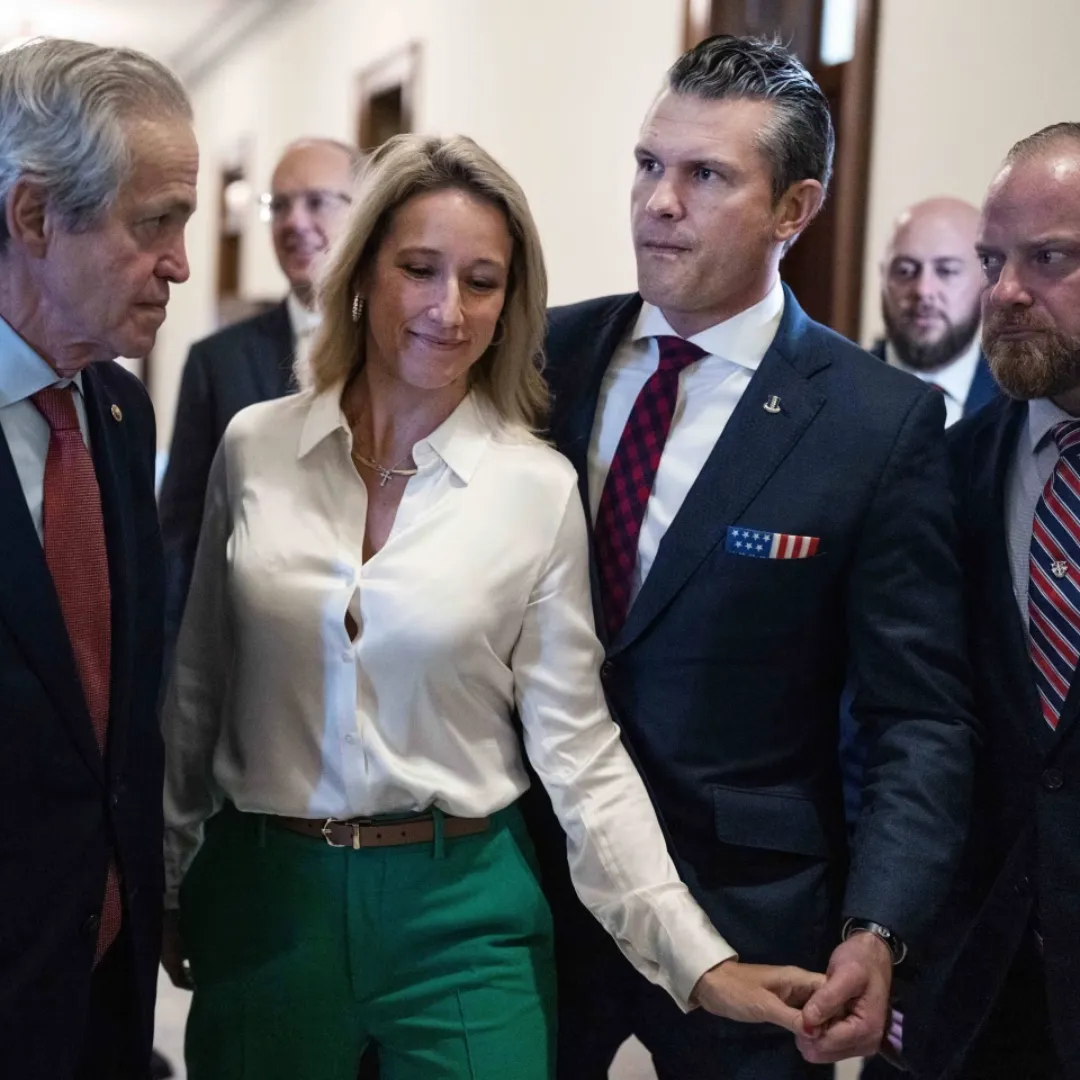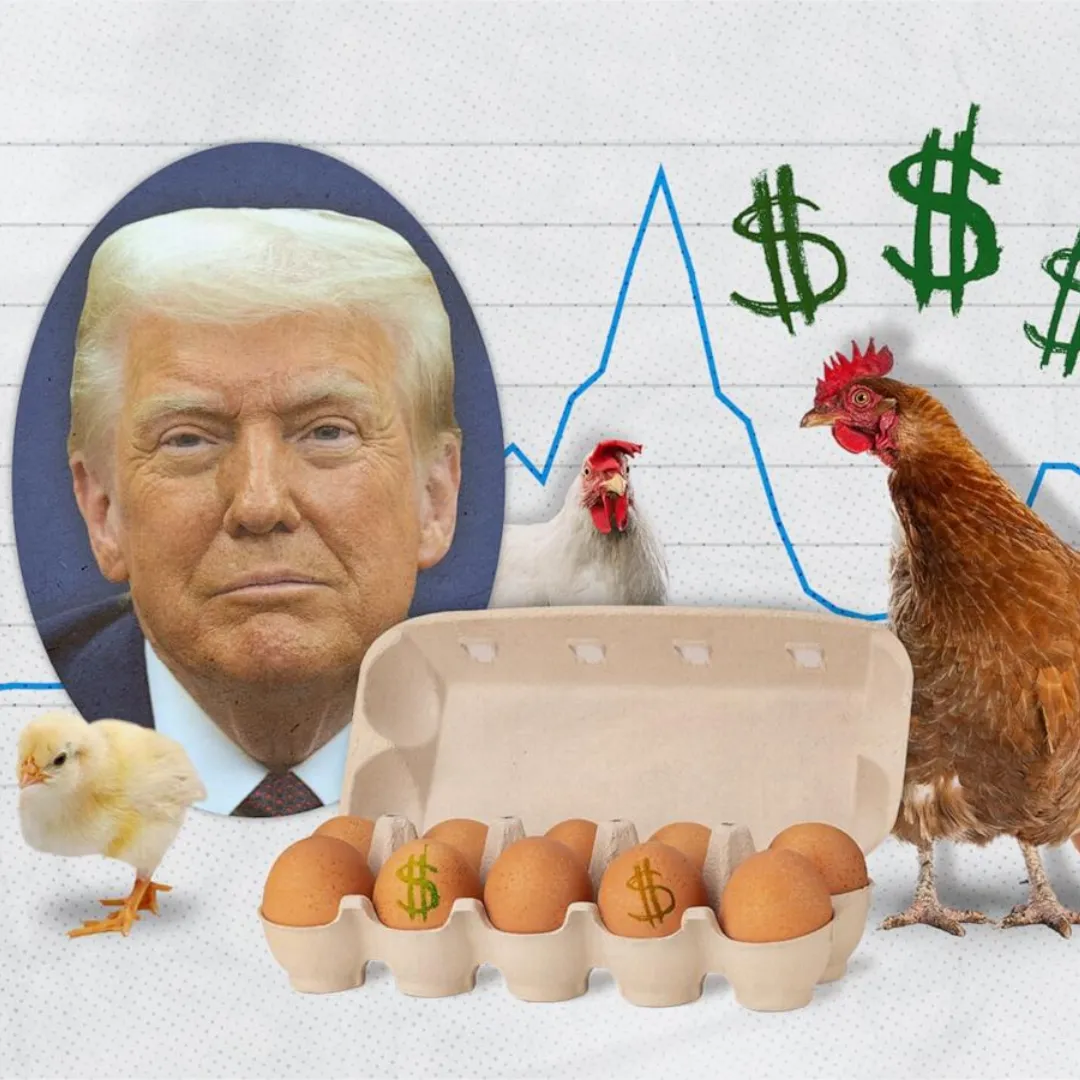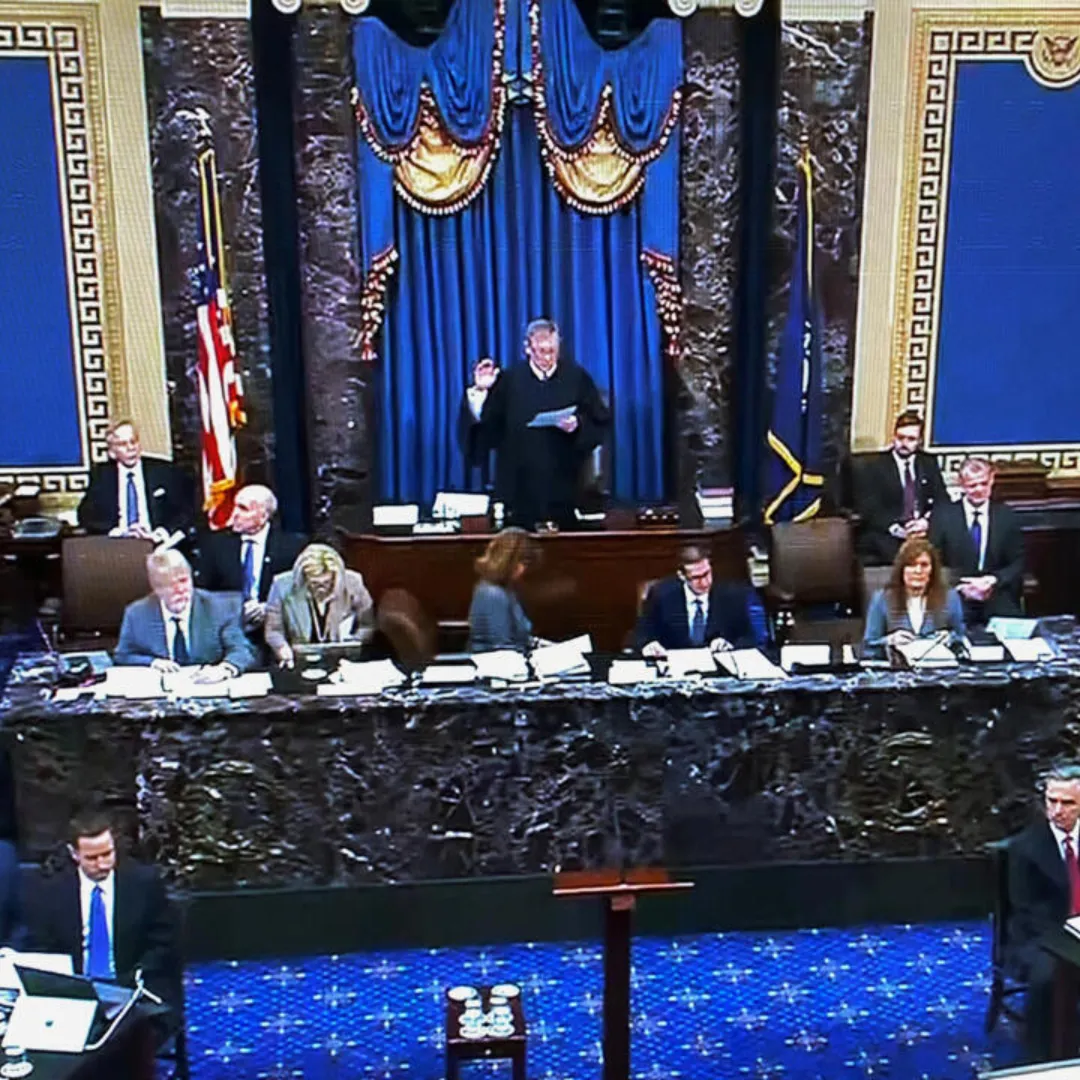
Former President Donald Trump reaffirmed his controversial idea that Canada should be absorbed as the fifty first state of the United States, stating in an interview published Friday that he was not joking or exaggerating. Speaking in an extended conversation with Time magazine conducted earlier in the week, Trump rejected any suggestion that his comments were made in jest.
When a reporter speculated that Trump might have been trolling the public or making light of the situation, the former president quickly dismissed the notion, saying, "Actually, no, I’m not," and adding, "I think Canada, what you said that, 'Well, that one, I might be trolling.' But I’m really not trolling. Canada is an interesting case."
Trump, known for his provocative rhetoric and willingness to challenge diplomatic norms, repeated long standing grievances regarding U.S. trade relations with Canada, insisting that America loses financially due to trade deficits. He asserted that there was no necessity for the United States to continue importing products from its northern neighbor.
"We’re taking care of their military. We’re taking care of every aspect of their lives, and we don’t need them to make cars for us," Trump emphasized. He continued by asserting, "In fact, we don’t want them to make cars for us. We want to make our own cars. We don’t need their lumber. We don’t need their energy. We don’t need anything from Canada. And I say the only way this thing really works is for Canada to become a state."
Trump’s remarks about annexing Canada have not been isolated incidents. For several months, he has repeatedly floated the idea in public comments and interviews, often diminishing the significance of the border between the two countries and sarcastically referring to Canadian officials in Americanized terms.
He notably referred to then Prime Minister Justin Trudeau as "governor," a term that suggested Canada should already be under U.S. jurisdiction. While some political analysts and critics initially speculated that Trump was merely engaging in hyperbole or humor, his consistent repetition of the idea has cast doubt on that interpretation.
His latest statements appear to confirm that, at least in his view, the proposal carries genuine weight. Canadian leaders, both during Trudeau’s term and afterward under Prime Minister Mark Carney, have categorically rejected the idea.
They emphasized Canada’s sovereignty, national pride, and historical independence as core reasons for dismissing Trump’s overtures. Despite Trump’s persistent comments, no significant movement or political appetite for such an idea exists within Canada.
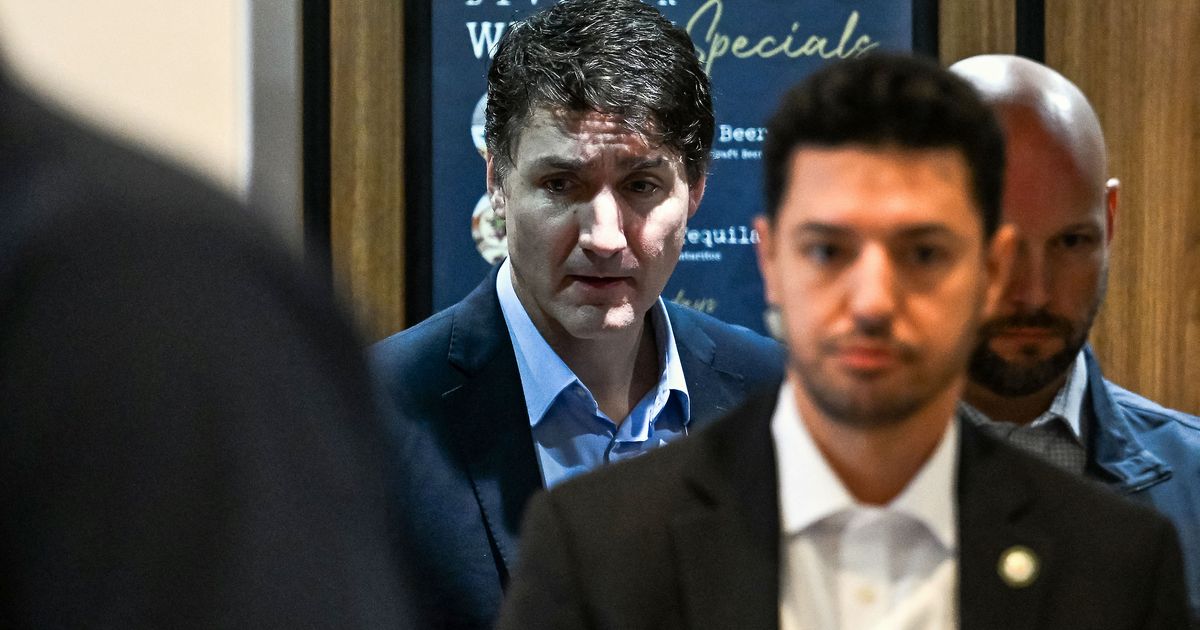
In fact, Trump's statements have often been met with public mockery, political condemnation, and a reaffirmation of Canada's commitment to maintaining its distinct national identity.
The former president’s aggressive trade rhetoric about Canada is part of a broader pattern. Trump has consistently criticized long standing trade agreements that he believes disadvantage the United States.
During his presidency, he renegotiated the North American Free Trade Agreement into the United States Mexico Canada Agreement, which he claimed was a major improvement for American workers and industries. Yet despite these changes, Trump continues to frame Canada as an economic burden or competitor that America should neutralize through dramatic means, such as statehood.
In addition to discussing Canada, Trump has previously floated similarly audacious ideas about expanding American territory. One notable example was his suggestion that the United States should purchase Greenland, an autonomous territory of Denmark.
Trump insisted that owning Greenland would provide strategic national security advantages and offer economic benefits. However, Danish officials quickly rejected the proposal, dismissing it as absurd.
Trump’s continued fascination with territorial expansion recalls earlier eras of American history, but in the modern geopolitical climate, such ideas are widely regarded as impractical and diplomatically explosive.
In his interview with Time, Trump reaffirmed his belief that Greenland "would be very well off if they — I think it’s important for us for national security and even international security." His comments implied that he views the acquisition of foreign territories not only through an economic lens but also as a means of enhancing American strategic strength.
Nevertheless, both his Greenland and Canada proposals have been met with near universal skepticism by global leaders, reinforcing the perception that Trump’s vision for American dominance is out of step with contemporary norms of international relations.
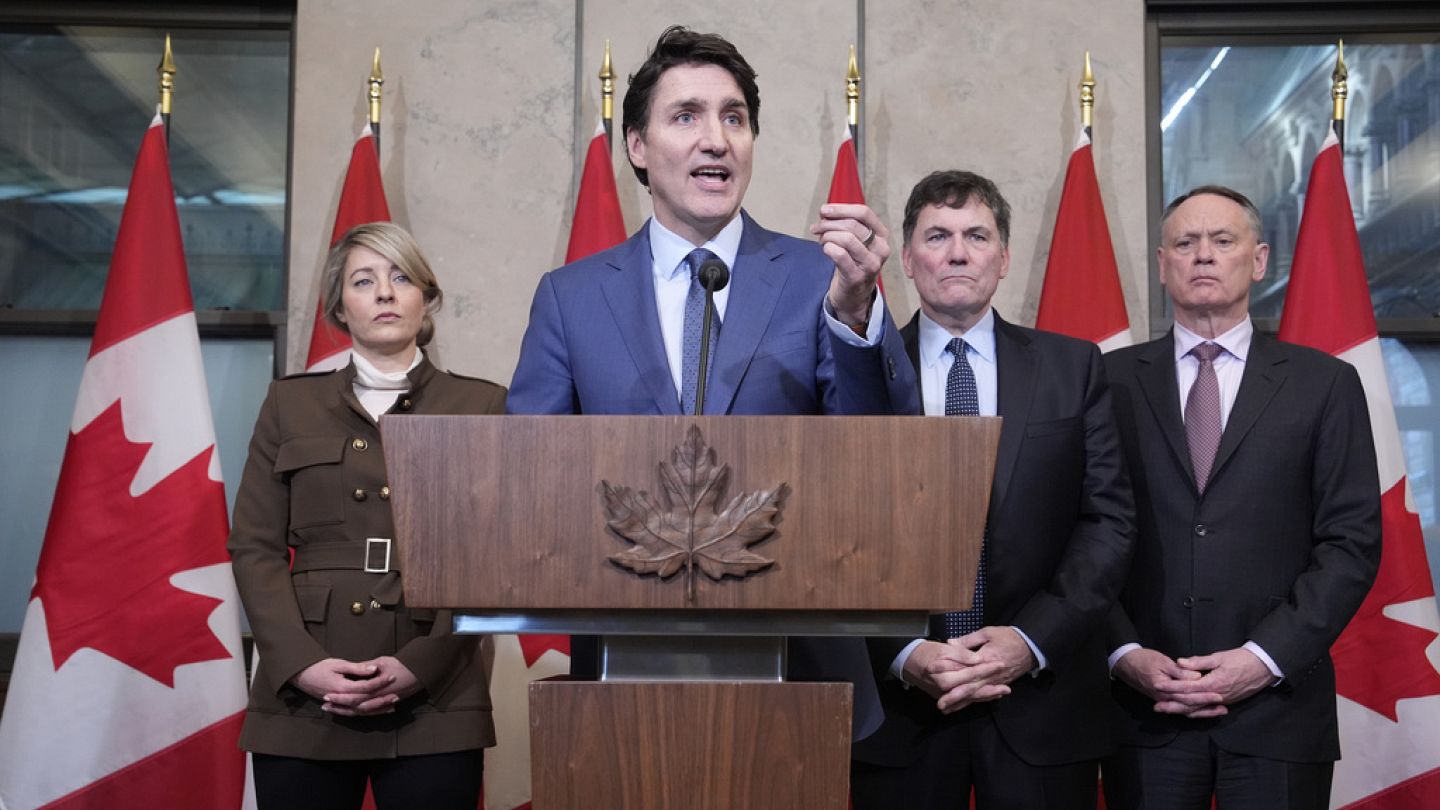
At the heart of Trump’s comments about Canada lies a fundamental misunderstanding or rejection of the deep historical, cultural, and political differences between the two countries. While the United States and Canada share a long border and many economic ties, Canada’s political culture, healthcare system, views on immigration, and international diplomacy differ significantly from those of the United States.
Trump’s framing of Canada as a quasi dependent entity ignores these distinctions and belittles Canadian sovereignty in a way that many Canadians find deeply offensive.
The timing of Trump’s comments is also significant. Canada has been navigating a complex political transition, with Mark Carney assuming leadership after Trudeau. Carney, a former central banker with significant international experience, has emphasized Canada's role on the global stage as an independent middle power committed to multilateralism, environmental leadership, and social equity.
Trump’s suggestion that Canada should abandon its sovereignty and become an American state not only undermines these principles but also exacerbates tensions between the two countries at a time when cooperation on global issues is more vital than ever.
Within the United States, Trump’s remarks have drawn mixed reactions. His core base of supporters, known for embracing nationalist and populist rhetoric, have expressed amusement or approval at the idea, viewing it as another example of Trump’s America First philosophy taken to its logical extreme.
However, critics across the political spectrum have accused Trump of dangerous ignorance and imperialist nostalgia, warning that such statements alienate allies and damage America’s global reputation. Former diplomats and foreign policy experts have pointed out that comments like these make it harder for the United States to build coalitions or foster goodwill, particularly in a time of rising global instability.
Despite the backlash, Trump appears undeterred. His approach to foreign policy has long been characterized by a preference for bold, often shocking statements that challenge conventional wisdom.
Whether he genuinely believes in the feasibility of annexing Canada or views the idea as a way to energize his political brand remains a subject of debate. What is clear is that Trump sees value in framing America’s neighbors and partners as competitors rather than collaborators, a strategy that plays well with voters who are disillusioned with globalization and wary of international entanglements.

As Trump continues to campaign for a return to the presidency, his remarks about Canada could resurface as a point of contention. Political opponents may use his statements to highlight his perceived recklessness or lack of diplomatic nuance.
Meanwhile, supporters may embrace the comments as evidence of Trump's unapologetic nationalism. Either way, the idea that Canada could be absorbed into the United States is likely to remain a political flashpoint, at least as long as Trump remains a major figure in American politics.
The broader implications of Trump’s statements cannot be ignored. In a world where democratic norms and respect for national sovereignty are under increasing strain, casual talk of annexation sends a troubling message.
It suggests a willingness to disregard the rights and wishes of other nations in favor of unilateral American interests. For Canada, a country that has built its identity on values of independence, diversity, and peaceful coexistence, Trump’s rhetoric is not just an affront but a reminder of the challenges it faces in maintaining its autonomy in a rapidly changing geopolitical environment.
In the final analysis, Trump's insistence that he is serious about making Canada the fifty first state reveals much about his worldview. It is a worldview in which power dynamics trump historical relationships, in which economic grievances justify sweeping territorial ambitions, and in which the complexities of national identity are dismissed in favor of simplistic solutions.
Whether or not anyone else takes the idea seriously, Trump’s unwavering commitment to the notion speaks volumes about the kind of leadership he believes America needs — aggressive, dominant, and unapologetically self interested.

For Canadians, the notion remains not just laughable but offensive, a stark contrast to their vision of their country’s future. For Americans, it is another provocative statement from a former president whose influence over public discourse shows no signs of waning.
And for the world, it serves as a reminder that in an era of uncertainty, even the most improbable ideas can shape political realities when spoken loudly enough.
